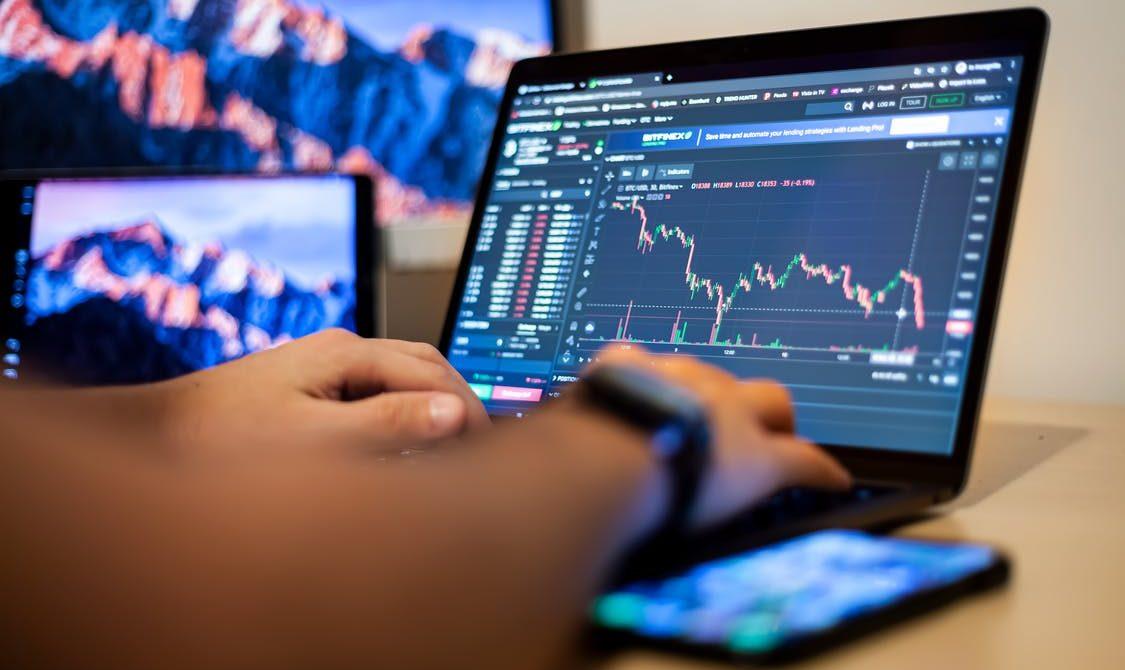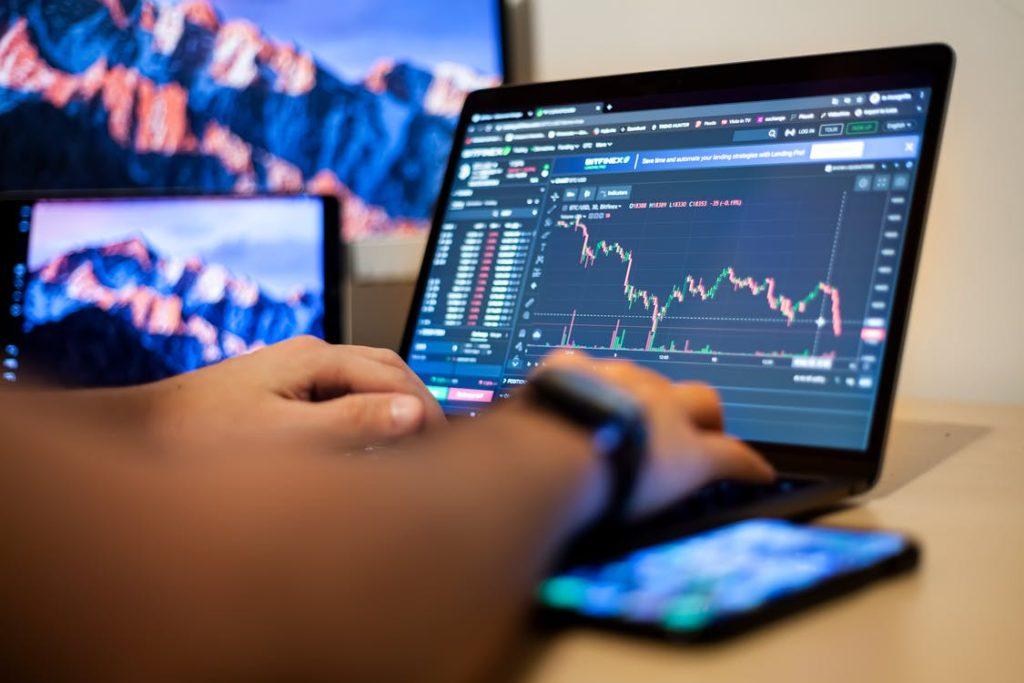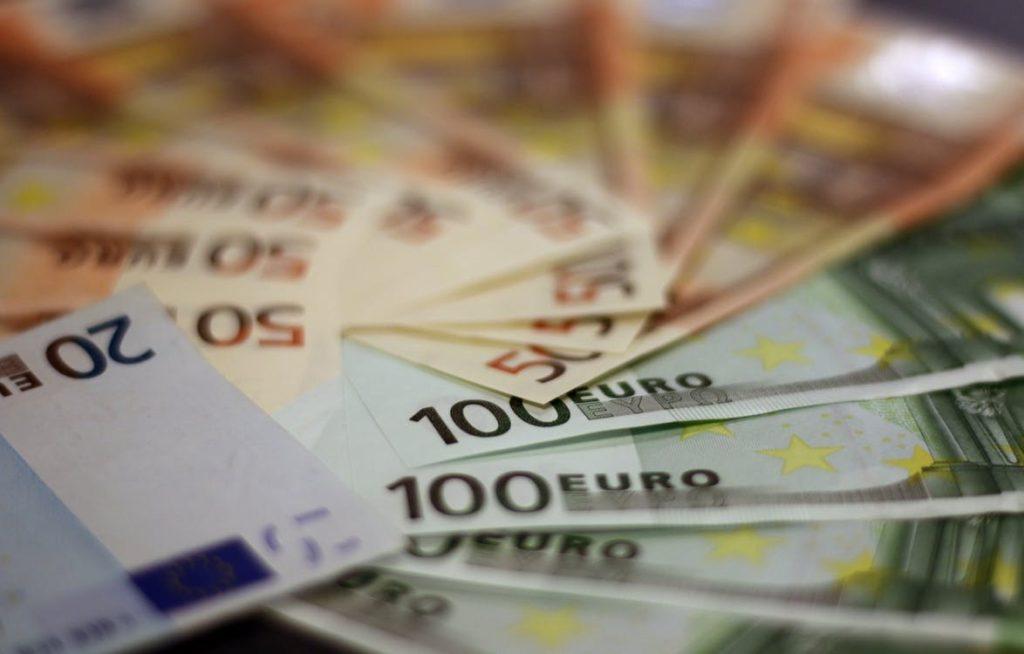
Forex trading is one of those things many have heard of, but only a few truly understand. There’s also a lot of controversy surrounding forex trading. This type of trading is often described as a get-rich-quick theme by those who want to discredit it.
Of course, this couldn’t be further from the truth. The point of this guide is to dispel such misconceptions and introduce you to one of the most challenging and most rewarding forms of trading. Let’s begin.
 What Exactly Is Forex Trading?
What Exactly Is Forex Trading?
Forex markets are similar to stock markets or commodities markets in the sense that you can engage in trading through a broker. However, most similarities end there. Unlike stocks or commodities, when you engage in forex trading, you’re trading currencies, hence the name foreign exchange.
In other words, you are buying or selling national currencies from all over the world. Because there is no centralized exchange, the markets are open at all times except for weekends.
How Is Profit Made In Forex?
Alright, so you’re buying and selling money — how exactly does that bring you any profit? There are two ways to make money in forex. One is to profit from changing exchange rates between two different currencies. The other is to make money by taking advantage of an interest rate differential between two currencies.
Making Money Through Exchange Rate Difference
Almost all money in the world is constantly fluctuating in terms of value. The rate of inflation, financial policy of the backer country, state of the economy, and many other factors all affect the current value of a currency.
The idea is to find a strong pair where one currency is relatively stable and the other shows some potential for oscillation. Then you buy low and sell high. It sounds simple, but it most definitely isn’t. With so many factors involved in forex trading, knowing when a currency will dip, why, and for how long can be challenging even for experienced traders.
Who Can Trade On Forex Markets?
The answer is anyone, as long as you have access to a broker. Brokers are there to give you access to global markets, while also equipping you with the necessary software, chart tools, and other services. Of course, all of this comes at a fee, which is often manageable. As long as you can register with a broker, you could be trading forex in Nigeria for example or any other place in the world where forex trading is legal. You should always check the laws and regulations regarding any kind of trading in your country. That way you’ll always be in full compliance with the law.
How to Find a Forex Broker?
Forex brokers are abundant, yet finding a good one isn’t as easy as selecting the first broker that pops up in Google. There are certain qualities that define a good broker. Most importantly, you’ll want someone who is tried and tested — a familiar name with a proven track record. New brokers with no reputation are a risk.
Although your account security is important, brokers are also defined by their ability to provide seamless trading. In other words, a broker who offers laggy software, incorrect currency pair information, and generally lacks real-time information is a broker you shouldn’t use. Forex trading sometimes requires you to make quick buy or sell orders based on volatile trading information. If you can’t execute such orders momentarily, you need to find a new broker. It’s as simple as that.
Can You Predict Prices of Currency Pairs?
 The answer is a strong “it depends”. Forex, just like stock trading, is subject to technical analysis. This term represents a group of proven empirical methods and techniques you can use to extrapolate the potential future behavior of a currency pair, or stock, or commodity. Methods mentioned here include analysis of past price trends, historical patterns, and more.
The answer is a strong “it depends”. Forex, just like stock trading, is subject to technical analysis. This term represents a group of proven empirical methods and techniques you can use to extrapolate the potential future behavior of a currency pair, or stock, or commodity. Methods mentioned here include analysis of past price trends, historical patterns, and more.
For example, if a certain currency shows a consistent trend of opening low every 3rd week of the month, you can base your actions on that piece of information. Does that mean it will open low every single time that 3rd Monday of the month rolls by? That’s hard to tell, but odds are in your favor here.
What is a Trading Strategy?
Every trader approaches forex markets in a slightly different way. Everyone has their own idea of how they can make money in foreign exchange markets. A trading strategy is nothing more than your own way of making a profit with your portfolio. In most cases, there are defined elements to every strategy.
You’ll need to select the market that you’re most comfortable operating in, manage your exposure through limiting the percentage of your portfolio that gets invested in every position, determine entry and exit points, and then develop your own trading tactics.
The thing about trading strategies is that they change all the time, especially if you’re just starting out. There’s a steep learning curve to forex trading, and it involves plenty of trial and error. As you progress, you’ll learn what works for you and what doesn’t. It may take some time before you establish a trading strategy that has more than a 60% success rate.
What Are the Risks Involved?
The truth about forex is that the risks involved are what you allow them to be. In other words, you can only lose money that you’re willing to expose to risk. Most tragic forex stories revolve around people who took too big of a risk with the entirety of their portfolio, or utilized large amounts of leverage in their trades.
That’s not a forex issue, that’s a trader issue. If you limit your exposure, only tie down 30% of your portfolio, and play it smart, you can greatly reduce the risk of losing money. Even so, only trade with money you can lose and not sweat about it. In other words, don’t take your food budget for the month and deposit that into your forex account.
The best thing you can do is accept that any money you’ve put into your forex account is already lost, sort of like what you’d do with gambling. Treat it as such, and at least you’ll ensure you aren’t left in a bad spot if things go poorly.


